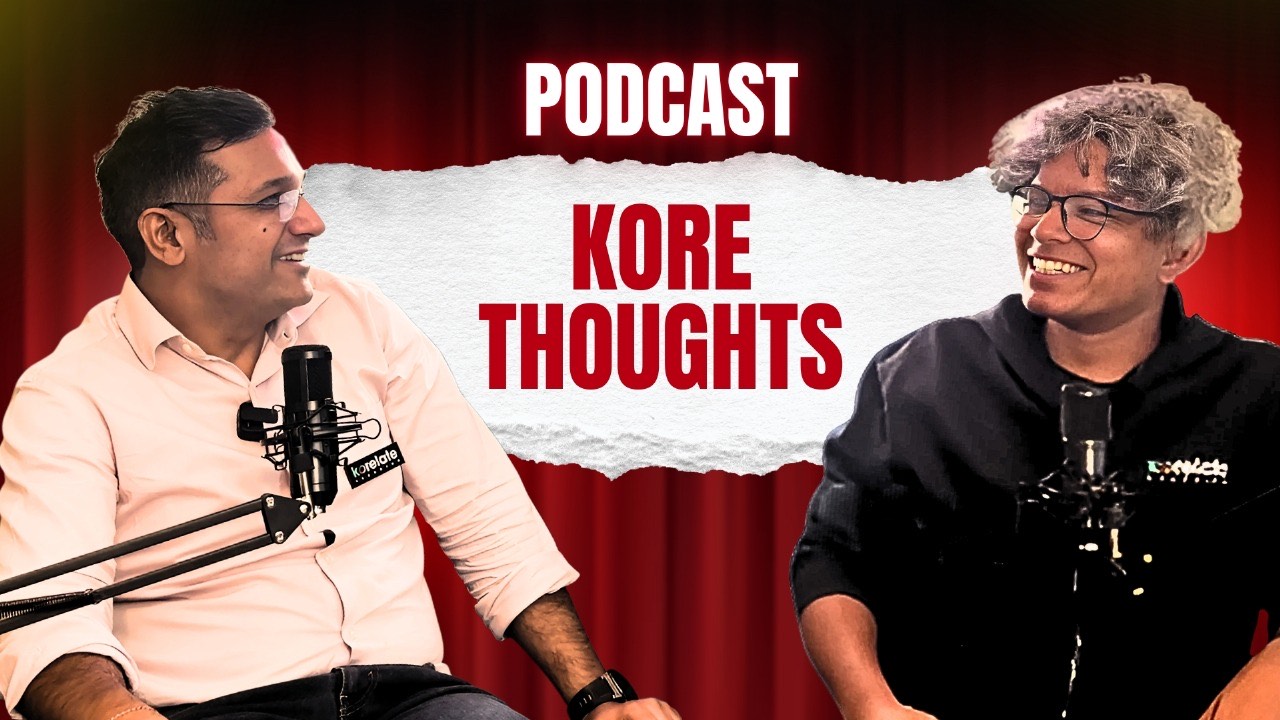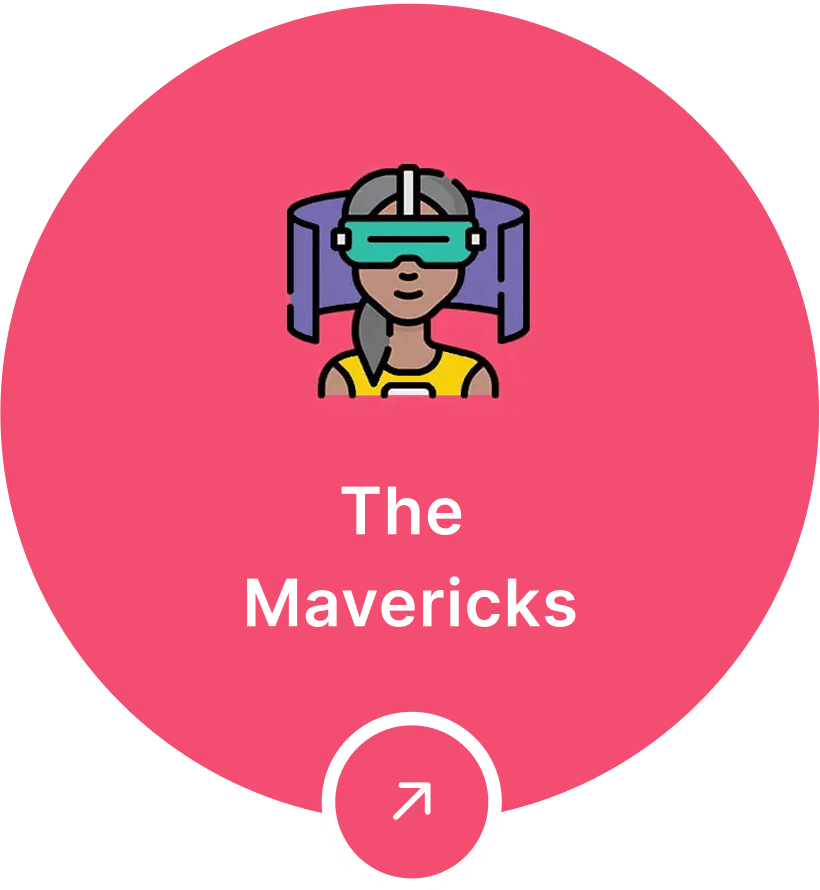Conflict is an inevitable part of any workplace. Different personalities, work styles, and priorities can sometimes lead to disagreements and friction. While conflict can be disruptive, it can also be an opportunity for growth and positive change. The key lies in effectively managing conflict to minimize negativity and foster a more collaborative work environment.
Here at Korelate Learnings, a leading provider of corporate team-building activities, we understand the importance of healthy workplace dynamics. This blog post equips you with the knowledge and strategies to navigate conflict constructively and build stronger team relationships.
Understanding Conflict in the Workplace
Conflict comes in many forms, and understanding the various types can help you approach them with the most effective strategies. Here’s a breakdown of some common workplace conflicts:
- Task-Based Conflict:
- Disagreements about work processes: Team members might have differing opinions on the most efficient way to complete a task, leading to conflict.
- Conflicting deadlines: When deadlines are unrealistic or clash with other projects, it can create tension between team members.
- Misaligned goals: If team members have unclear or misaligned goals, it can lead to frustration and conflict as they work towards different objectives.
- Relationship-Based Conflict:
- Personality clashes: Sometimes, strong personalities simply don’t mesh well, leading to interpersonal conflict.
- Communication breakdowns: Misunderstandings due to unclear communication or poor listening skills can create friction and resentment.
- Lack of trust: If team members don’t trust each other’s skills or motives, it can hinder collaboration and breed conflict.
- Ego-Driven Conflict:
- Desire to be right: When individuals prioritize being seen as “correct” over finding a solution, it can escalate conflict.
- Power struggles: Competition for promotions, resources, or recognition can lead to ego-driven conflict that damages team dynamics.
- Personal gain: If individuals prioritize their own agendas over the team’s success, it can create conflict that undermines overall goals.
The Detrimental Effects of Unmanaged Conflict
Unmanaged conflict can have a significant ripple effect across your organization. Here’s a closer look at the potential consequences:
- Reduced Productivity: Constant conflict creates a tense and unproductive work environment. Team members may become hesitant to share ideas, leading to missed opportunities and lower quality work. Additionally, time and energy spent managing conflict is diverted from core tasks.
- Decreased Morale: Employees who are constantly embroiled in conflict may feel drained, frustrated, and disengaged from their work. This can lead to a decline in morale, decreased motivation, and a higher risk of burnout.
- Hindered Communication: Conflict can make team members hesitant to communicate openly and share ideas. This can lead to information silos, duplication of efforts, and missed opportunities for collaboration and innovation.
- Negative Company Culture: Unmanaged conflict fosters a culture of negativity, distrust, and hostility. This can impact employee satisfaction, customer service, and the overall reputation of the company.
- Increased Absenteeism and Turnover: Employees who are unhappy due to constant conflict are more likely to miss work or seek employment elsewhere. This can lead to higher absenteeism rates and increased turnover, putting a strain on resources and impacting overall company performance.
- Legal Issues: In severe cases, unmanaged conflict can escalate to harassment, discrimination, or even violence. This can lead to legal issues and costly lawsuits for the company.
The Power of Effective Conflict Resolution
By learning to manage conflict effectively, you can create a more positive and productive work environment. Here are some of the benefits:
- Improved Communication: Effective conflict resolution often involves open and honest communication, which can strengthen relationships and improve communication skills overall. As team members learn to express themselves clearly and listen actively to others, communication becomes more productive and collaborative.
- Enhanced Problem-Solving: Conflict can be an opportunity to brainstorm solutions and find creative ways to overcome challenges. By working together to resolve conflict, teams can develop innovative solutions that benefit everyone involved.
- Stronger Teams: Working through conflict together can build trust, respect, and a sense of camaraderie within teams. As team members learn to appreciate different perspectives and navigate disagreements constructively, they become more resilient and effective in achieving shared goals.
- Positive Company Culture: When conflict is managed constructively, it contributes to a more positive and collaborative work environment. Employees feel valued, respected, and empowered to voice their opinions, leading to higher morale, increased engagement, and a stronger sense of community within the organization.
- Reduced Stress and Improved Well-being: Effectively managing conflict can significantly reduce stress levels for employees. Constant tension and unresolved disagreements can take a toll on mental and emotional well-being. By learning to address conflict constructively, employees can experience a calmer, more positive work environment, leading to improved overall well-being.
- Increased Innovation and Creativity: A culture of open communication and collaboration fostered by effective conflict resolution allows for the free flow of ideas and diverse perspectives. This can lead to increased innovation and creativity as teams are empowered to challenge the status quo and explore new solutions.
- Enhanced Reputation and Employer Branding: A company known for its positive work environment and ability to manage conflict effectively attracts and retains top talent, Which can lead to a stronger employer brand and a more competitive edge in the job market.
- Improved Client Satisfaction: When employees feel valued and supported within the organization, they are more likely to be engaged and provide excellent customer service. Effectively managing conflict can contribute to a more positive client experience and increased customer satisfaction.
Your Conflict Management Toolkit: Strategies for Success
Now that we understand the different types of conflict and their impact, let’s delve into specific strategies you can use to manage them effectively:
- Identify the Root Cause: Before attempting to resolve a conflict, take the time to understand the underlying issues. This might involve listening to both sides of the story and identifying areas of disagreement.
- Focus on Interests, Not Positions: People often take rigid positions in conflict situations. However, focusing on underlying interests can lead to more creative solutions. For example, two colleagues might disagree about a project deadline (positions). By exploring their underlying interests (e.g., ensuring quality work, and avoiding burnout), they can find a solution that meets both needs.
- Active Listening: Actively listen to the other person’s perspective without interrupting. Show empathy and try to understand their point of view.
- Use “I” Statements: “I” statements help communicate your feelings and concerns without placing blame. For example, instead of saying, “You’re always missing deadlines,” try saying, “I feel stressed when deadlines are missed because it makes it difficult for me to complete my work.”
- Focus on Problem-Solving: Shift the focus from assigning blame to finding a solution that works for everyone involved. Brainstorm potential solutions together and be open to compromise.
- Seek Common Ground: Identify areas where you and the other person agree. Building on this common ground can help create a more positive atmosphere for finding a solution.
- Maintain Professionalism: Even during a heated discussion, it’s important to maintain a professional demeanor. Avoid personal attacks and focus on the issue at hand.
- Involve a Mediator: If you’re struggling to resolve the conflict on your own, consider involving a neutral third party, such as a manager, HR representative, or a trained mediator.
- Team Building Activities: Corporate team building activities can be a valuable tool for improving communication, fostering trust, and building stronger relationships within teams. By participating in engaging activities that require collaboration and problem-solving, team members can learn to appreciate different perspectives, develop conflict resolution skills, and build a foundation for more effective communication in the workplace. Here at Korelate Learnings, we offer a variety of team building activities designed to address communication challenges and equip teams with the skills they need to manage conflict constructively.
The Role of Leadership in Conflict Management
Leaders play a crucial role in creating a workplace culture where conflict is managed effectively. Here’s how leaders can contribute:
- Set Clear Expectations: Establish clear expectations for communication, teamwork, and conflict resolution. This can help prevent misunderstandings and provide a framework for addressing conflict situations.
- Lead by Example: Leaders should model effective communication and conflict resolution skills. This includes actively listening, focusing on solutions, and maintaining a professional demeanor.
- Provide Support and Resources: Leaders should make resources available to employees to help them manage conflict. This could include training workshops, mediation services, or access to online resources.
- Empower Employees: Empower employees to address conflict directly with each other in a respectful manner. This can help foster a sense of ownership and accountability for maintaining a positive work environment.
- Recognize and Reward Positive Conflict Resolution: Acknowledge and reward employees who demonstrate effective conflict resolution skills. This can set a positive example and encourage others to follow suit.
Building a Culture of Collaboration
Conflict is an inevitable part of any workplace. However, by equipping yourself with the right strategies and fostering a culture of open communication and collaboration, you can turn conflict into an opportunity for growth and positive change. By implementing the tips outlined in this blog post and considering incorporating team building activities designed to address communication challenges, you can create a more positive and productive work environment for everyone.
If you’re looking for additional resources or support in managing conflict in the workplace, Korelate Learnings is here to help. Contact us today to discuss your specific needs and explore our team building programs designed to strengthen communication, build trust, and equip your team with the skills they need to navigate conflict constructively.















